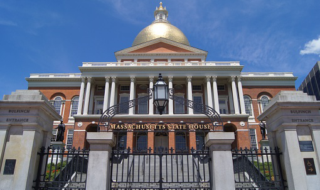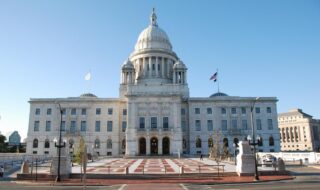August 16, 2022 Last Edit: June 5, 2025
End of 2021-22 Session Wrap-Up for the Massachusetts Legislature
The Massachusetts House and Senate ended their formal legislative session well past their midnight deadline on August 1st. In fact, activity continued well into the day finally wrapping after 10:00 AM.
The biggest disappointment of the evening was the failure to pass the tax reform and economic development bill. Governor Baker filed his versions of a tax bill in January and an economic development package in April, but the legislature delayed action on both. Despite out-of-control inflation, legislative leaders rejected attempts to suspend the state fuel tax on several occasions dismissing it as a “gimmick” and promising meaningful tax reform later.
Following months of inaction, the House and Senate waited until July to release and debate their versions of a combined economic development and tax package. This plan, especially the tax reform, was similar to Governor Baker’s original tax cut proposal with slight modifications. House and Senate leaders also promised one-time checks of $250 and $500 to taxpayers under a certain income threshold. But the legislature waited too long and could not come to an agreement on this bill.
Why did the tax relief bill stall? Legislative leadership blamed a referendum ballot initiative passed by 54 percent of Massachusetts voters in 1986 enacting a revenue cap. In short, when the state collected too much revenue it must return a portion to taxpayers. Since its implementation in 1986 it was triggered only one time, in 1987. According to recent revenue estimates, the state may be on track to return nearly $3 billion to taxpayers as a result of the 1986 62F law. Lawmakers did not plan for this and claimed they need to reevaluate the state’s finances before passing any long-term tax relief, despite statements from the Governor saying Massachusetts could afford both.
Failure to enact the economic development bill before the end of session meant the $300 million to cover the cost of waived unemployment insurance overpayments was not allocated and reforms to the estate tax increasing the exemption to $2 million and eliminating the cliff never occurred. NFIB urges you to take a moment to ask lawmakers to finish what they started and pass this important legislation: https://www.votervoice.net/NFIB/21/campaigns/96849/respond
NFIB is a member-driven organization advocating on behalf of small and independent businesses nationwide.
Related Articles














